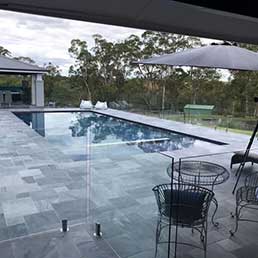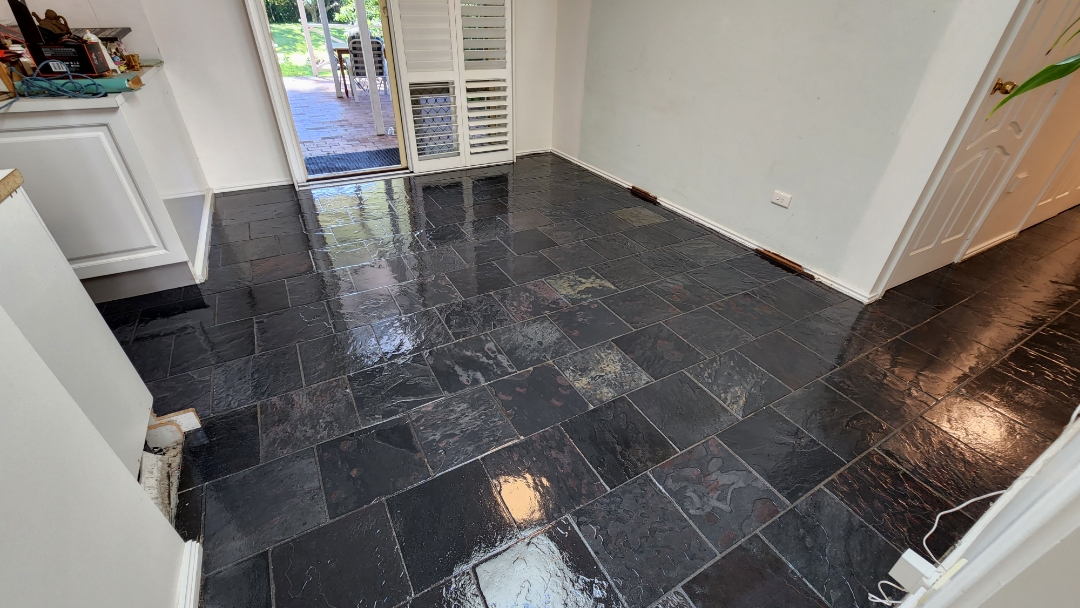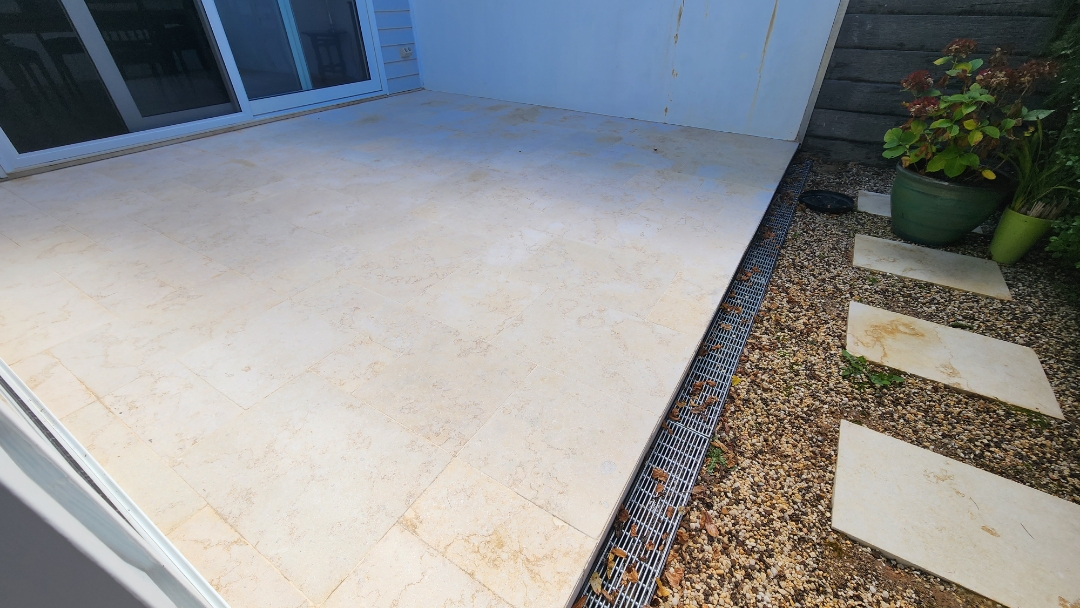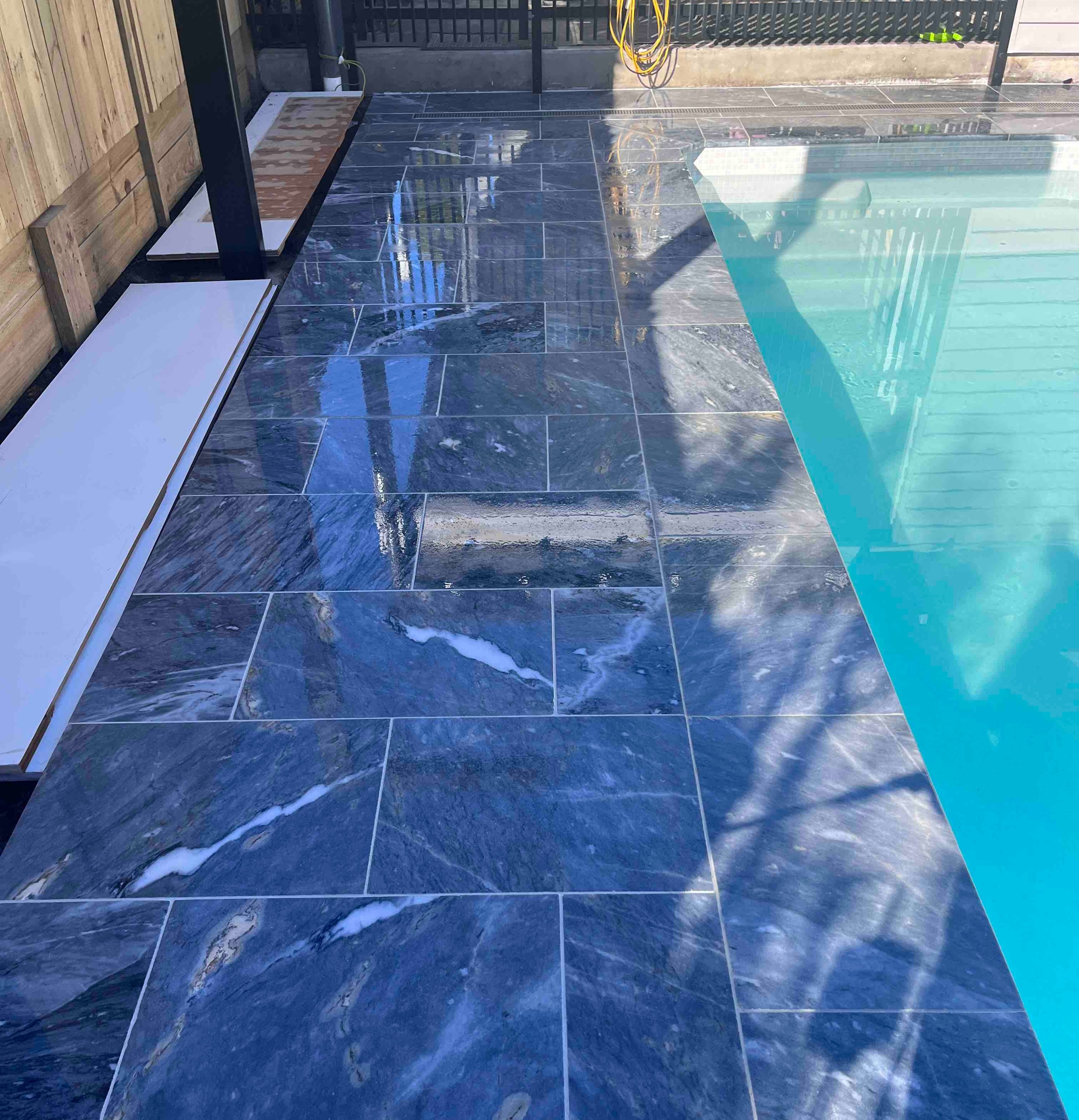- Marble Sealer
- Penetrating Marble Sealer
- Outdoor Marble Sealer
- Non Slip Sealer for Marble
- Long Lasting Marble Sealer
- Impregnating Marble Sealer
- Breathable Marble Sealer
- Best Marble Sealer
- Sealing Marble Pavers
- Sealing Marble around Pool
- Sealing Marble Kitchens
- Sealing Marble Bathrooms
- Sealing Marble Showers
- Sealing Marble Benchtops
- Protecting against Acid Attack
- Protecting against Salt Attack
- Protecting against Efflorescence
- Why Marble?
- What is Marble?
- What is Efflorescence?
- Maintenance & Care
- Marble Stains Removal
- Efflorescence Removal
- Marble Available Finishes
Frequently Asked Questions
+
How do I remove acidic (etch) marks from my marble tiles?
To remove etch marks, buffing using a series of sanding pads will be necessary. Once you have removed the stains, seal your marble with an impregnating sealer.
+
Can I use any cleaning solution on marble?
No, you should definitely not use any cleaning solution for marble. Marble is an acid-sensitive stone that requires specific pH-neutral marble cleaning solutions. Always test cleaning products on a small inconspicuous area first.
+
Are fumes from sealers dangerous to inhale during application?
It is always safer to use water-based products, particularly when working indoors and when an area can't be well ventilated. Solvent-based sealers are extremely flammable, and the fumes can be extremely dangerous to health and property.
+
How long will a marble sealer last?
The life expectancy of a sealer depends, in part, on exposure conditions and how well the marble surface is maintained. In general, you tend to get what you pay for with sealers. Penetrating sealers deliver the best long-term performance and can last for up to 15 years before the need for reapplication. Most topical sealers will need to be stripped and resealed far more regularly.
+
What is a sealer?
A sealer is a coating applied to marble and other materials that prevents contaminants from sinking in as well as deterioration. Unsealed marble can be instantly stained and permanently damaged. There are 2 types of marble sealer, penetrating and topical.
+
How do impregnators work?
Impregnators (penetrating sealers) penetrate below the surface of marble and protect from within. There is no visible coating or film formed on the surface. Impregnators work by reducing the pore size of the stone by filling these pores with a resin. The resins are small enough not to block the pores, so the stone will still allow vapor to pass through.
+
Why is breathability necessary?
All stone must be allowed to release vapor, in other words, it must breathe. If the pores of marble are totally blocked, vapor will condense within the stone, and the stone will become saturated with moisture. Excess moisture can lead to numerous problems. The moisture can also carry soluble salts, which are often deposited on the surface of the stone (efflorescence). If the salts are not allowed to escape to the surface, they will be deposited in the pores of the stone and cause deterioration.
+
Are sealers safe for food handling areas?
This depends on the type of sealer. Generally, once an impregnator has dried and cured, it should be safe for most food handling situations. All sealers are non-toxic and 100% safe for food handling areas.
+
Do impregnators sometimes have problems?
Any issues with impregnators are typically caused by misapplication. If the impregnator is left on the surface of the marble and the excess is not removed, it can cause the stone to become sticky and require removal. Solvent-based impregnators can also react with certain materials, causing cloudiness or discoloration. If the marble is wet, many impregnators will not penetrate and therefore not perform as expected.
+
How often should an impregnator be applied?
This depends on the type and use of the marble. Many lower quality sealers will need to be reapplied every few years. Transparent Penetrating sealer has a life expectancy of up to 10 years while GOLD will last for up to 15 years.
+
Are sealers UV resistant?
This will depend on the type. When sealing outdoor areas, always use a UV-resistant sealer that does not affect the slip resistance of marble. Penetrating sealers are both UV resistant and do not alter slip resistance.
+
I have had a natural stone floor installed in my house, how do I look after it?
Almost all natural stone floors will show some surface wear over time. A quality marble floor sealer will dramatically help protect the surface from spillages and staining. An annual floor maintenance schedule should be set with a professional natural stone floor cleaning company.
+
Can I apply a sealer to my marble floor myself?
It is possible to apply a sealer or an impregnator to your marble, however, it is highly recommended to organize a professional stone floor sealing company who have the necessary equipment and expertise to do the work for you. An incorrectly sealed surface can seriously affect the look of your marble, and making sure the floor is totally clean and free of residue and dust before sealing is extremely important.
+
What shall I do with stains and spillages on my marble floor?
Blot spills immediately to avoid any permanent damage. Use a damp cloth to wipe away spills from water-based substances such as tea or coffee, and try blotting the spillage instead of rubbing. For stains, use a poultice to draw out the stain. This process can be very time-consuming and is best left to the experts to do for you.
+
How can I tell whether the marble has a stain or an etch mark?
A spot which appears dark and shaded is more than likely a stain, whereas an etch mark will appear to be dull with a rich haze to it.
+
I've had a marble floor installed and now there are dull spots over it. What is causing this and how can I get rid of them?
This is commonly referred to as etching. Etching eats away at marble and produces those rough dull marks that you can see on your marble. Mild etching feels smooth and can be removed with a polishing powder; however, if the etching is any more serious, you will need to contact a natural stone restoration professional like StoneMaster.
+
I have removed a carpet to discover a marble floor, can it be refurbished?
Yes. You will need the services of a natural stone restoration professional to restore the floor to its former beauty.
+
What is acid etching and how can I protect my marble against it?
Any acidic substance is harmful for your marble tiles, as they can be etched (eaten/corroded) easily. Sealing against acid attack is very difficult. The best way to protect your marble tiles from acid attack is to seal and clean spills immediately. The high porosity of marble makes sealing a must in order to provide protection against future acid attack and liquid spillage.






